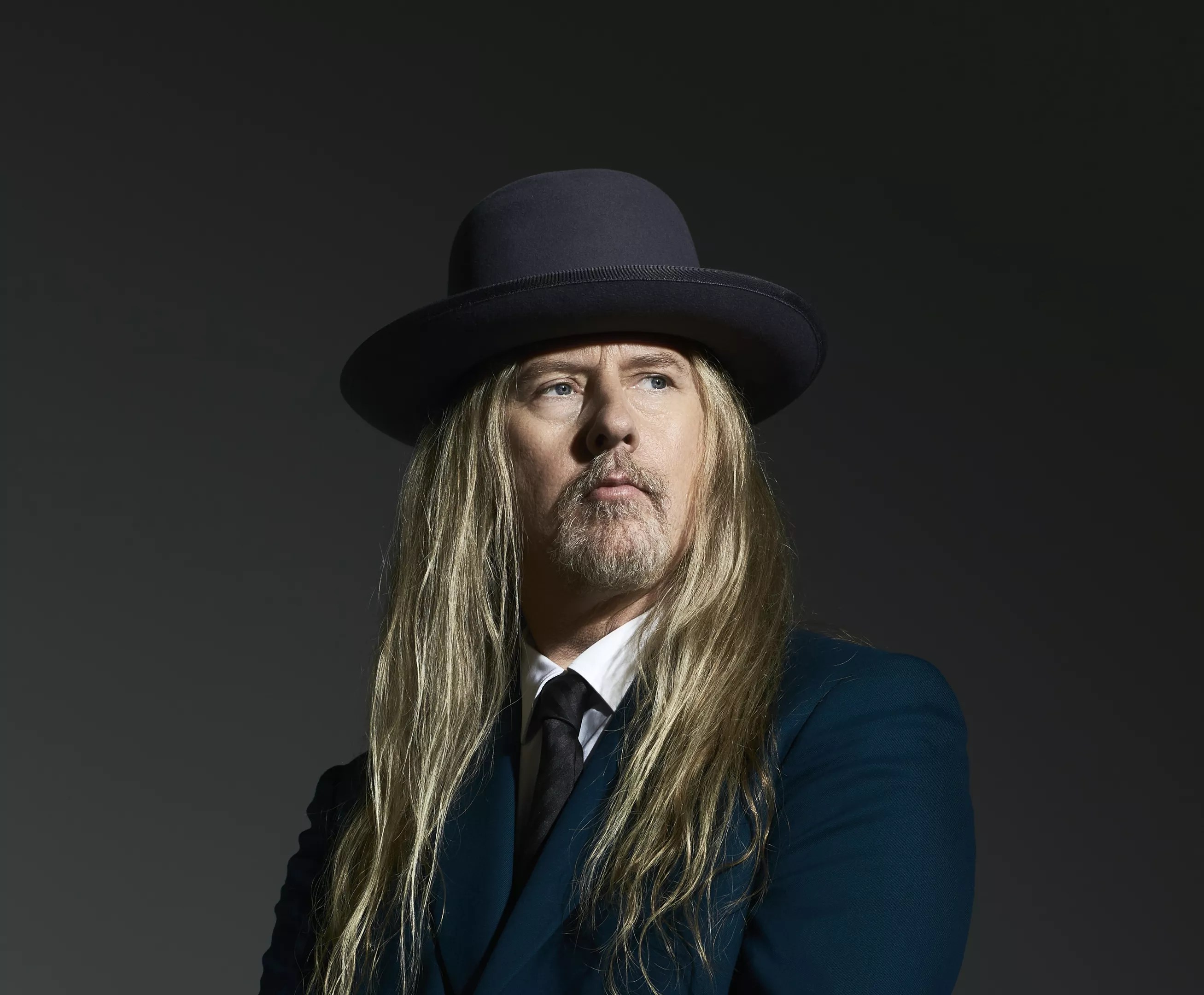
Jonathan Wiener

Audio By Carbonatix
There’s a chance that if you lived around Dallas area at some point in 1985, Jerry Cantrell helped remove asbestos from your school.
“Asbestos abatement – three schools in Dallas, three in Houston that year,” he recalls.
Cantrell, the singer/songwriter/guitarist best known for his longtime tenure as the anchor of grunge legends Alice in Chains, is returning to North Texas for a rare solo outing at the House of Blues on Thursday, April 21, with special guest Phillip-Michael Scales.
“I spent a lot of time in the clubs, and saw a bunch of really great bands,” he says about the brief time he lived in Dallas. “I met the guys from Pantera – Vinnie, Dime and Rex – and became good friends with them. I love Texas. I’ve got a ranch not too far over the Texas-Oklahoma border.”
Dallas inadvertently made its way into Cantrell’s musical body of word when it was name dropped by late Alice in Chains frontman Layne Staley on “Queen of the Rodeo,” the band’s demented roid-raging blues rocker from their Live record. Staley described it as “a little country tune.”
This time around, however, Cantrell is not flanked by his Alice in Chains bandmates. He’s touring behind his third solo LP Brighten, which includes contributions from Dillinger Escape Plan singer and drummer Greg Puciato and Gil Sharone, respectively, alongside Guns N’ Roses bassist Duff McKagen, Paul McCartney drummer Abe Laboriel Jr. and producer Tyler Bates.
Cantrell says that he wasn’t in any specific headspace or direction when he wrote the songs for Brighten.
“I never start out with any preconceived notion or direction,” he says. “I just feel it’s time to start working. The fun part is you don’t know where you’re gonna end up. I couldn’t really imagine going in to write songs or a record with some sort of plan. It seems a little contrived to me.”
While he may be joined by a new set of musicians in the studio and on tour (McKagen, Laboriel and Bates are not along for the ride on the road, but Puciato and Sharone are), Cantrell says that making a record that bore his name was an “undemocratic process.”
“It’s gotta be something I can stand behind and put my name on,” he says. “Of course, the record and the songs are going to be influenced by the individuals making the music. I’ve got a really great group of talented guys for over 30 years in Alice, and this group of artists is no different. They absolutely add to it, and I’m always open to hear anybody’s idea, but at the end of the day, it’s gotta be [my] call.”
Cantrell laughs as he finishes that last thought, cushioning what would otherwise come off as unapologetic assertiveness. Despite the levity in his voice, it’s a sensitive time for him. Two of his closest musical peers died within a month of each other: Screaming Trees frontman Mark Lannegan and Foo Fighters drummer Taylor Hawkins, who died less than 48 hours prior to our conversation with Cantrell.
“Artists are just reflections of humanity and life – they’re people … Life has its spectacular, amazing, beautiful moments and it has its dark, crushing heavy moments.” – Jerry Cantrell
Given his history in the thicket of the drug-riddled Seattle grunge scene and living through the premature deaths of peers like Kurt Cobain, Mother Love Bone’s Andrew Wood and, of course, Layne Staley, Cantrell carries a bit of darkness but can banish it when needed – something that has always been a recurring theme in his music, both with and without Alice in Chains. After all, his solo album is called Brighten.
“Artists are just reflections of humanity and life – they’re people,” he says. “Life has its spectacular, amazing, beautiful moments and it has its dark, crushing heavy moments. If that’s what our experience is, you can expect that to be reflected in art. I don’t really take offense at [that] description of our music. I think it’s all of that. You can say the same thing about country music, rap, soul or blues. It’s very emotional. It’s not all dark, it’s not all light.”
Along with Nirvana’s razor-sharp pop takes on angsty punk rock, Soundgarden’s metallic weirdness and Pearl Jam’s classic rock ‘n’ roll rebellion, Alice in Chains’ weaponized anger was (and is) a key cornerstone of the Seattle grunge scene, a musical revolution that became a defining musical voice for Generation X. Since then, countless bands have imitated (but never duplicated) the sound Cantrell helped create. This is something by which Cantrell says he’s actually flattered.
“Sure, we all are [flattered],” he says. “The best you can hope for is to be part of the story. A link in the chain, so to speak. I wouldn’t be who I am if the influences of so many artists that I grew up on didn’t flow through me and come out in some distorted form that sounds more like me than them. There’s a beauty in that, the tradition of picking up the baton and handing it off further down the road from where you picked it up.”